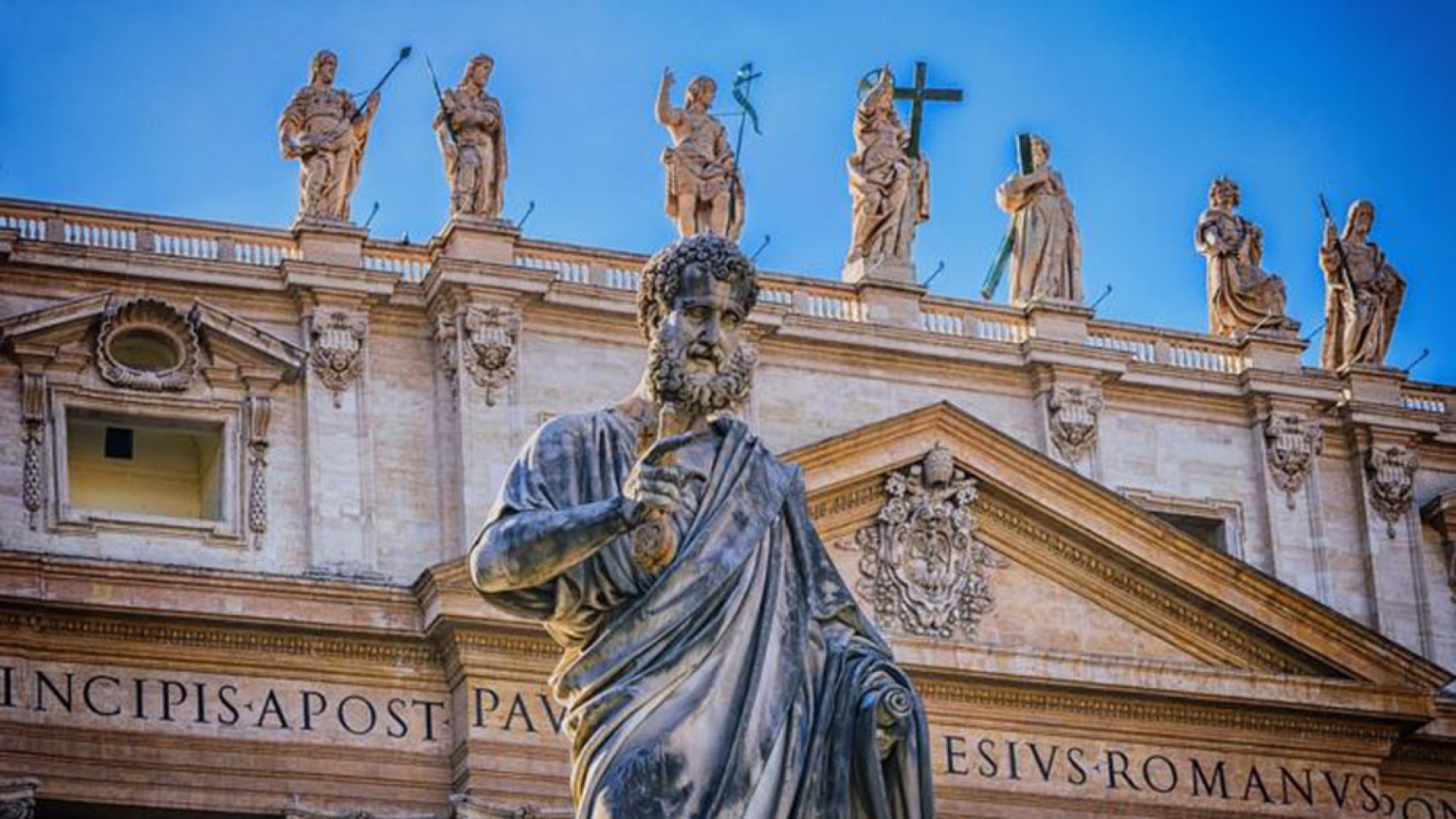Proper Use of Liberty

Both modernists and Catholics acknowledge that all men possess a natural dignity, constituted primarily by the free exercise of his reason and will. They also both agree that no one should violate this basic human liberty, not even in order to impose what is true or good. Catholics and modernist disagree, however, on the proper use of this liberty.
Human Conscience - The Supreme Arbiter
Modernism claims that the human conscience is the supreme arbiter of good and evil for each individual; thus, everyone can act as he pleases except in cases where this action would endanger the rights of someone else. Catholicism insists that this liberty is a great gift from God and can be exercised well or poorly.
To choose what is objectively good and in accordance with God’s will is a proper and fitting exercise of this liberty; it makes a man truly free. On the other hand, to choose what is objectively evil and contrary to God’s will is an abuse. No one has the right to abuse this liberty, even if it does not seem to directly harm someone else because such an abuse always opposes and offends God, the supreme good.
This is why modernism teaches that men, according to their subjective beliefs and in accordance with their natural liberty, can choose whichever religion best pleases them, whereas Catholicism affirms that man has a duty to choose the religion most in harmony with objective truth and God’s plan for the universe. One can neglect this duty and choose a religion that is less true, but such an act is a wicked abuse of liberty, not a dignified expression of freedom.
Free to Choose What is Good
These divergent understandings of freedom have created two different ideas of religious liberty. Man, according to Catholicism, is only free to choose what is good and believe what is objectively true. Many men, nevertheless, do make poor choices and embrace false religions. Society can never praise, encourage, or support such faulty judgment. It can, however, tolerate these individual abuses of liberty in order to maintain temporal peace while encouraging the adherents of false religions to see the errors of their ways and convert to the one, true Faith.
Modernism, on the other hand, defends and praises every man’s right to choose whichever religion should please him best, regardless of whether this choice is right or wrong or whether his religion is true or false. So long as this exercise of liberty does not directly and physically harm anyone else, it must be permitted and respected for the sake of temporal peace and prosperity.
Unlimited tolerance, then, is the great virtue of the modernist, whereas respect for God and the moral good of all men is the focus of the Catholic. Modernism above all else values each man’s individual autonomy. Catholicism first and foremost loves, honors, and obeys God and seeks to preserve men from sinful error, even if this means condemning and opposing false religions.